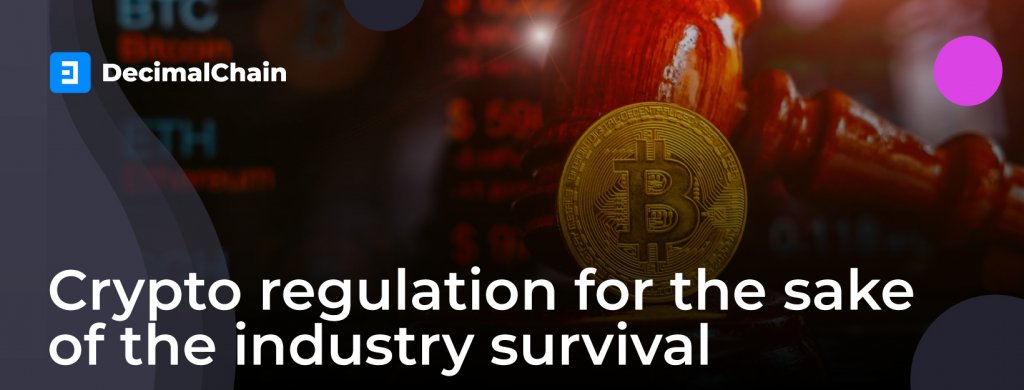Regulation is a Future for Crypto Exchanges
It is obvious that cryptocurrencies are not only not going to disappear, but also are a method of financial infrastructural influence, which is at the forefront of the development of the entire global financial system. This is demonstrated by its consumption of several trillion dollars, and the influence of some of the world’s most important market leaders, including the richest man in the world, Elon Musk.
Similarly, they are feared by traditionalists and politicians, since their empowerment for the wider world community contradicts the measures of control and political power over people that governments around the world have possessed, which once again demonstrates their importance and power.
Thus, the regulation of all cryptocurrency activities is only a matter of time, and today’s actions of the governing bodies are no exception.
An analysis by the blockchain analytics company Elliptic regarding US regulatory law enforcement actions since the introduction of Bitcoin in 2009 shows that fines amounting to $2.5 billion have been imposed against companies and individuals trading in cryptocurrency. Most of these fines are related to the placement of unregistered securities ($1.38 billion), fraud ($928 million) and violations of anti-money laundering rules ($183 million).
Banco de Portugal, the central bank of Portugal has issued licenses to two cryptocurrency exchanges for the first time since the new law on cryptocurrency trading came into force, which now allows them to operate in Portugal. But in the UK, the Financial Conduct Authority (FCA) has allocated even more resources to evaluate applications in the crypto asset register.
It is obvious that in areas with a developed structure of financial markets, cryptocurrency is likely to be subject to a number of advanced rules that will make the entire crypto ecosystem sustainable in the long term and, therefore, this is a good thing.
Crypto-Anarchy Never Goes to Regulation
Ardent supporters of decentralization would rather die than agree with the regulation of the crypto space. But one thing should be understood: what it will not be possible to take at least under some control will simply be prohibited. Do not think that there is no way to do this. Believe me, they`ll find it.
Therefore, compromise is the best way to resolve disputes. As Marcus Tullius Cicero said, a bad peace is better than a good war. Paving the way for regulation, operators and participants of the cryptocurrency market are forming the entire infrastructure of the electronic financial market today, and laying the foundation for the future.
